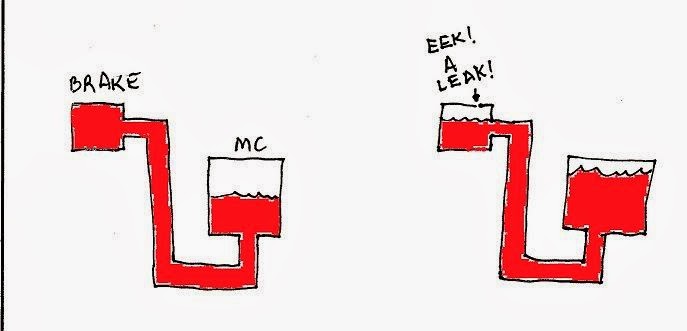TriodeLuvr
Member
My Speedway purple proportioning valve is leaking where the adjustment shaft enters the body. How important is it in our cars for this to be an adjustable valve? I have discs up front, drums on the rear, and a dual master cylinder. I think there's also a residual valve in the system, maybe two. What other info about the system would I need in order to know whether an adjustable proportioning valve is needed? Or is it just a foregone conclusion that it's a necessity?
Jack
Jack






